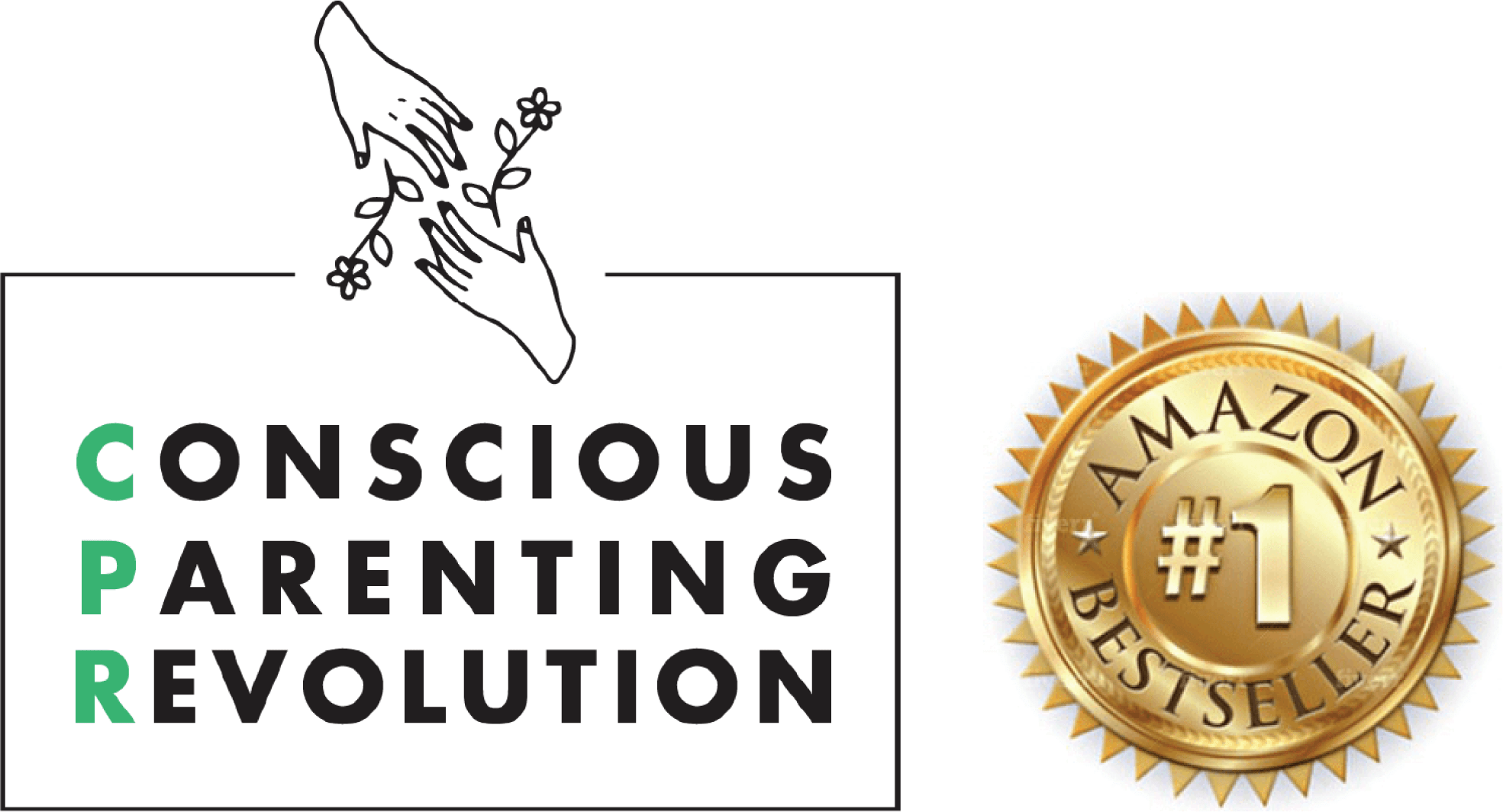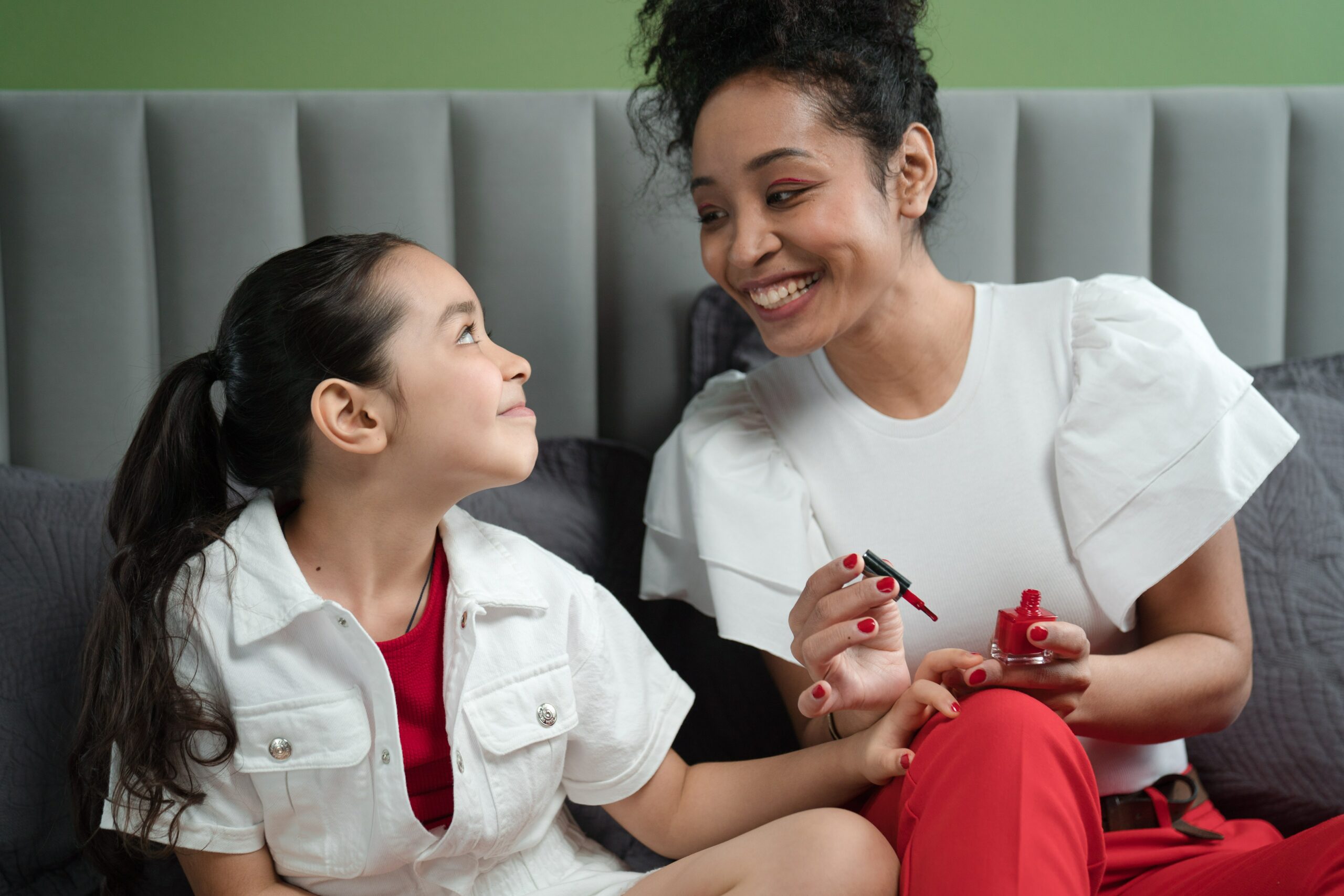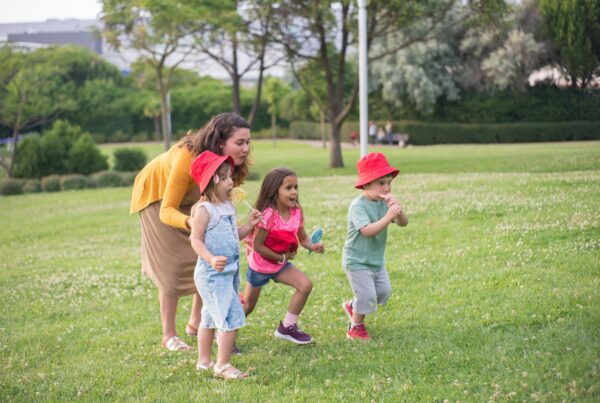Do your interactions with your kid feel more like a friendship than a typical parent-child relationship?
Being best friends with your child sounds lovely, and it’s certainly born out of good intentions. But believe it or not, crossing this line is never in a child’s best interest. In fact, it signals a fundamental misunderstanding of your responsibilities as a parent.
The Problem with Trying to Be Your Child’s Best Friend
When you treat your child as a friend, you unwittingly burden them with your own emotional needs—and no child benefits from that kind of pressure.
Children inherently strive to please their parents, which can lead them to internalize responsibility for any stress that a parent discloses to them. They might react by actively getting involved in whatever situation causes their parent stress or passively suppressing their own emotional needs in an attempt to minimize additional stress in their parent’s life.
Does this mean there can’t be any elements of friendship in your parent-child relationship? Absolutely not! The Guidance Approach to Parenting offers a healthier approach to bonding with your children.

Using the Guidance Approach to Find the Balance
It’s possible to lead your family with empathy and kindness without verging into BFF territory. Guidance parenting practices offer a foundation of warmth, harmony, and preventive discipline to set you up for success.
The Guidance Approach to Parenting centers around the idea that children have equal moral worth as adults—and an equal right to have their needs met.
One of the most important tenets of this approach is parental leadership, which involves acknowledging that despite these equal rights, parents and children serve fundamentally different roles in a family.
As parents, your most important job is providing for the safety and health of your children. As children, their job is to learn and grow into well-adjusted people capable of continuing the cycle one day.
I like to use the example of an orchestra to illustrate this thinking. Your children are the musicians, and you are the conductor. Neither party is more important than the other, but it’s the conductor who guides the instrumentalists to make beautiful music.
It’s up to you as a parent to lead your children to their best performance by encouraging them and helping them back on track when they go astray.
Thinking of yourself as a benevolent leader is a good framework for navigating your parent-child relationship. It draws a boundary that prevents you from burdening your child with your needs while still emphasizing the importance of a strong bond.
If you have questions about this topic or anything else parenting-related, join us for our Tuesday Tips for Parents session inside our private Facebook group.
Love and Blessings,
Katherine
P.S.– Want to know more about navigating those tricky teen years? Watch my segment on The MotherSide (ABC7, WJLA) about Evolving Your Parent-Child Relationship For the Teen Years. And don’t forget to subscribe to my YouTube Channel so you don’t miss a thing!









